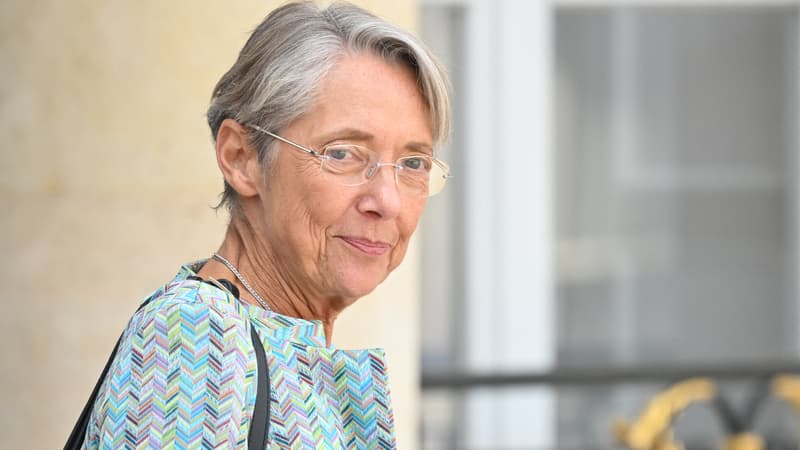Second woman appointed Prime Minister under the Fifth Republic, Élisabeth Borne, 61, is an engineer, a graduate of the Ecole Nationale des Ponts et Chaussées and Polytechnique, a senior civil servant. Born on April 18, 1961 in Paris, the successor to Jean Castex’s Matignon defines herself as “a woman of the left” with “social justice and equal opportunities” at the center of her struggles. Appointed by Emmanuel Macron 30 years after Edith Cresson, the only prime minister between 1991 and 1992, Elisabeth Borne, who was Ségolène Royal’s chief of staff, is considered a member of the macronie left wing, an asset at the time. Social reforms are announced, starting with the future pension reform. When she arrived at the Ministry of Labor in July 2020, already in the midst of a health crisis linked to Covid-19, she had to manage in particular the highly controversial file on the unemployment insurance reform, unanimously denounced by the unions. Presented in March 2021 in a version “adapted” to the crisis, it came into full force in December, after having been suspended for some time. Also to her credit, the “One young person, one solution” plan presented in July 2020 which mobilized a series of employment measures, including massive aid for apprenticeships, to avoid a “sacrificed generation”. She, too, had inherited the explosive pension file, even if they had kept it. Before coming to rue de Grenelle, Elisabeth Borne had first managed the transport portfolio in the governments of Edouard Philippe. During these two years in this position, she had gained a certain foundation by completing one of the emblematic reforms of the five-year period, that of the SNCF, and by carrying out the dense mobility law (LOM). She then replaced François de Rugy as Minister for the Ecological and Inclusive Transition during a shakeup in July 2019. Elisabeth Borne had already served a stint in 2014 as chief of staff to Environment Minister Ségolène Royal. The previous year, in 2013, she had been prefect of the Poitou-Charentes region, then chaired by Ségolène Royal. However, in 2015, Elisabeth Borne had been appointed president of RATP, a large public transport company, just a few years after having been director of strategy for SNCF in the early 2000s. In a career essentially dedicated to public service, particularly in the socialist cabinets. In the 1990s, with Lionel Jospin in Education or Jack Lang in Culture, Élisabeth Borne also spent time in the private sector, in charge of the Eiffage group’s concessions in 2007, before joining the Paris City Council as director of urban planning. .
Source: BFM TV


